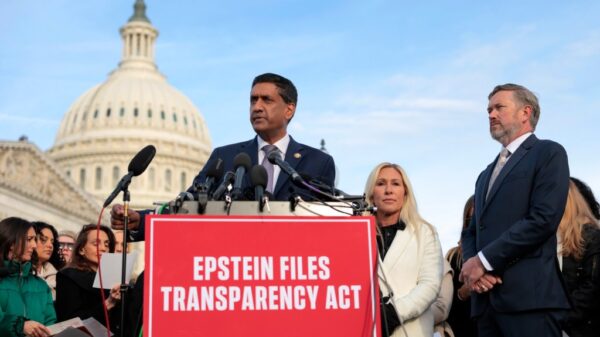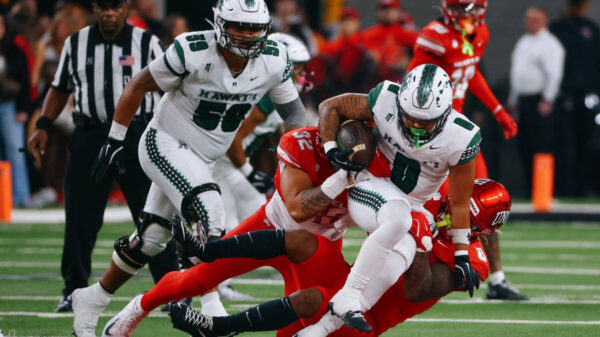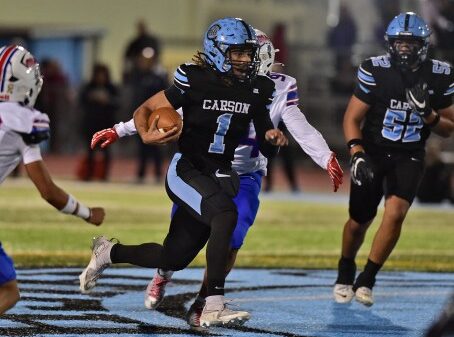Recent leaked materials from the National Education Association (NEA) have unveiled plans to train teachers in advancing gender and racial ideologies within classrooms. The documents reveal a focus on combating perceived threats from Republican groups and parents who oppose these initiatives. This training is scheduled for December 2-6 and is part of an event titled “Advancing LGBTQ+ Justice and Transgender Advocacy.”
The leaked participant handouts suggest that the NEA accuses right-wing factions of employing “racist dog whistles” and “transphobic tropes” to foster fear and undermine social progress. According to the advocacy group Defending Education, these materials aim to instruct teachers on how to promote progressive ideas among students, including the use of gender-neutral language and the normalization of various gender identities.
In its materials, the NEA emphasizes the importance of dismantling “systems of privilege and oppression” that affect LGBTQ+ educators and students. It urges participants to develop skills to confront implicit biases and stereotypes encountered in educational environments. The NEA critique points to a broader political trend, asserting that “over the last ten years, Republicans in state legislatures have increasingly turned to anti-transgender rhetoric.”
According to the NEA, the political landscape has led to what they term a “moral panic over transgender youth.” They argue that this climate has been fueled by a combination of transphobic and racist narratives that seek to consolidate power among conservative groups. The training materials explicitly state that teachers have a “right” to provide an inclusive curriculum, reflecting the union’s commitment to social justice.
One of the more controversial aspects of the training includes recommended language for educators to adopt. The documents propose phrases intended to “activate more expansive attitudes towards our genders and transgender people.” Additionally, teachers are encouraged to use “genders” in plural to reflect a broader understanding of gender identity. Participants are also prompted to introduce their pronouns in classrooms, creating an environment where such practices are commonplace.
The NEA’s guidance extends to framing political opponents in a negative light. The materials suggest that educators should characterize certain lawmakers as undermining freedoms based on race and gender identity. This strategy aims to highlight perceived injustices and rally support against legislation that the NEA views as discriminatory.
Furthermore, the NEA encourages teachers to address criticisms of transgender women participating in women’s sports by reframing the discussion. Rather than presenting it as a debate over fairness in athletics, the materials suggest positioning the support for transgender athletes as part of a larger fight for equality in sports for all women.
“Certain politicians are distracting us from the real issue by blaming transgender women, instead of helping make sports a better place for all women,” the materials state. This approach aims to unify support while countering narratives that may be seen as anti-transgender.
The NEA has not responded to requests for comments regarding these leaked materials. The training and its implications have ignited discussions about the role of educators in shaping social narratives and the balance between advocacy and education in public schools.
As the controversy unfolds, the NEA’s training event will likely continue to be a focal point of debate regarding educational practices and the influence of political ideologies in the classroom.








































































